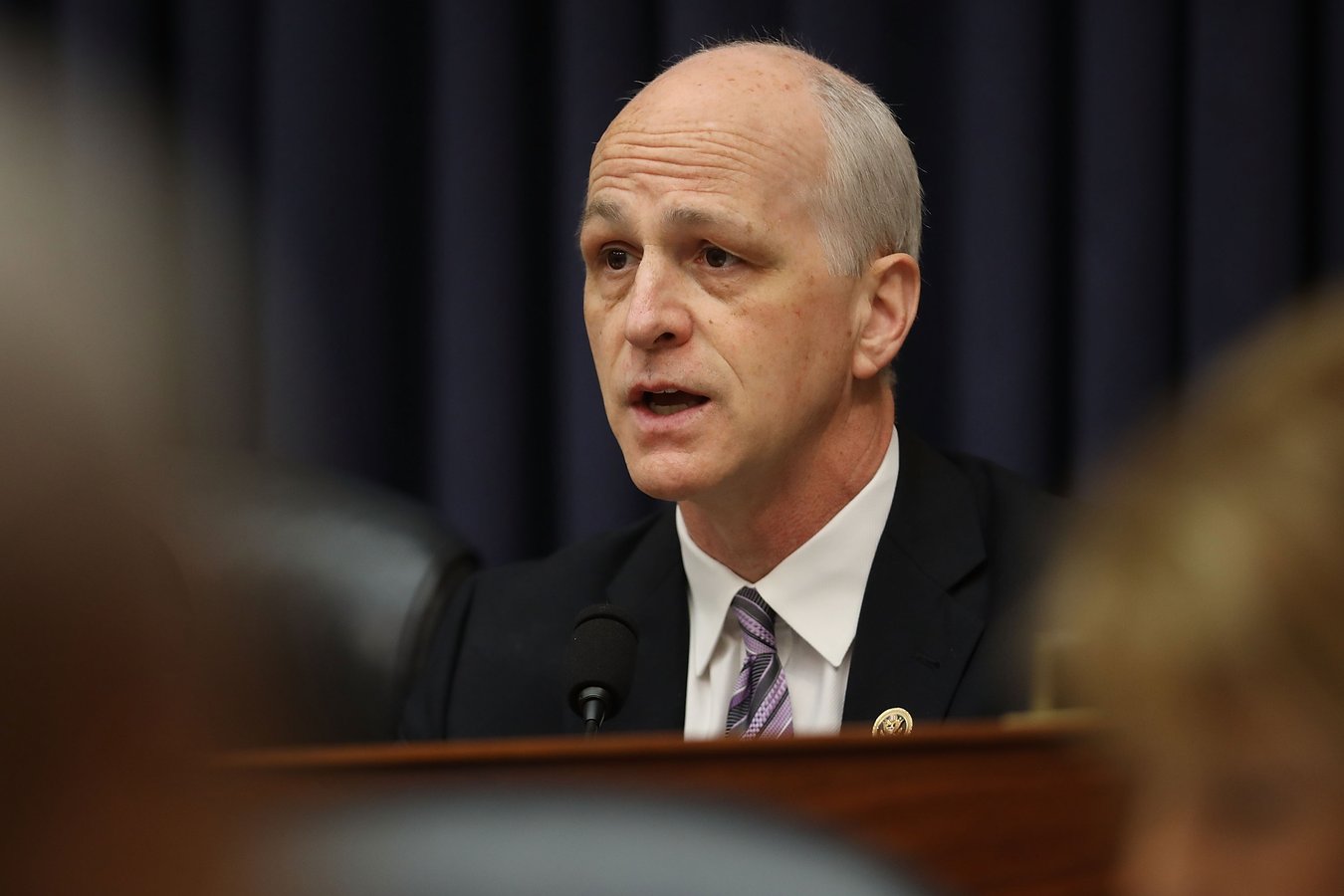on the hill
About last night
House leadership last night canceled a scheduled vote on a health care package that included transparency requirements for hospitals and insurers, reforms to some PBM practices, and a small site-neutral payment policy for administering drugs, Rachel writes.
The bill apparently couldn’t reach the two-thirds majority it needed for the fast-track process lawmakers chose. One lobbyist who supported the legislation said the negotiation process was too chaotic, and Democratic members felt confused because their leadership was divided.
Only one out of three Democratic leaders on health care supported the package. Rachel caught up with the three to get their take on the hiccup last night.
The most illuminating exchange was with Rep. Richard Neal (D-Mass.), who said he believed every Ways & Means Committee Democrat would have opposed the bill if it had come up for a vote. But he wouldn’t commit to supporting the bipartisan version negotiated in the Energy & Commerce Committee, either, which includes provisions he claims to want. And more importantly, he acknowledged that powerful hospitals in his home state weren’t a fan of the effort anyway.
Education & Workforce ranking member Rep. Bobby Scott (D-Va.) also announced his opposition before the vote, and told Rachel he feared employees wouldn’t have enough privacy about what medicines they take under the data reporting requirements as drafted. Energy & Commerce ranking member Frank Pallone (D-N.J.), who supported the bill, deflected questions and told Rachel to ask Republicans what next steps would be. (Rachel asked them, and they haven’t answered yet.)
The package isn’t necessarily dead. It wasn’t immediately clear whether the bill’s sponsors would pursue a more traditional vote, requiring only a House majority, or tweak the bill to get more Democratic support. The bill was also supposed to fund community health centers and other public health programs, which expire at the end of the month.
At the FDA
Artificial wombs could soon be a reality
Could very premature babies find chances for survival in artificial placentas? The FDA could soon let device makers put the question to the test with humans. The agency is convening a two-day panel, starting today, to debate going forward with the fast-developing field, STAT’s Lizzy Lawrence writes.
Researchers are targeting the tech to babies born at less than 28 weeks, a 2% sliver of new births with abysmal survival rates. But the question before the regulators and developers is how they plan to test with humans, and how it can be done ethically. It’s very difficult to predict extremely premature births, and when they happen, there is a brief but strenuous window for care — including parents’ consent for the untested wombs.
Another major question is which infants to test this technology with. One researcher told Lizzy his group is working on a tool to find infants with an 80% or higher chance of dying without intervention. Read more about the thorny ethical questions before the FDA.
mental health in america
Rep. Smith talks about the mental health crisis, in the wake of his own
 Chip Somodevilla/Getty Images
Chip Somodevilla/Getty Images
Longtime Washington state Rep. Adam Smith is the latest lawmaker to open up about their struggles with mental health. His story — detailed in a new book, Lost and Broken — is reflective of a national struggle to turn around soaring depression and anxiety rates across age brackets.
But while Smith and other Capitol Hill lawmakers agree there is a crisis to address, there are growing fissures among lawmakers and mental health experts about how to reverse trends, especially among teens, as everything from social media use to pandemic shutdowns gets thrown into the debate.
I sat down with Smith to talk about his experience, what it taught him about national mental health plans and if the kids are alright. Read here.



